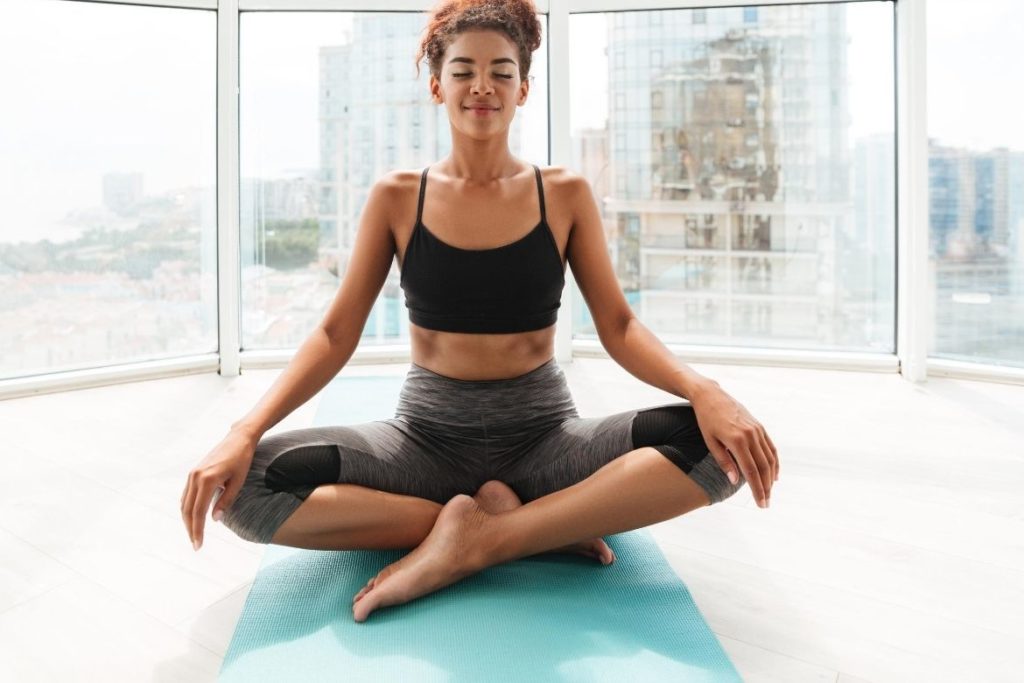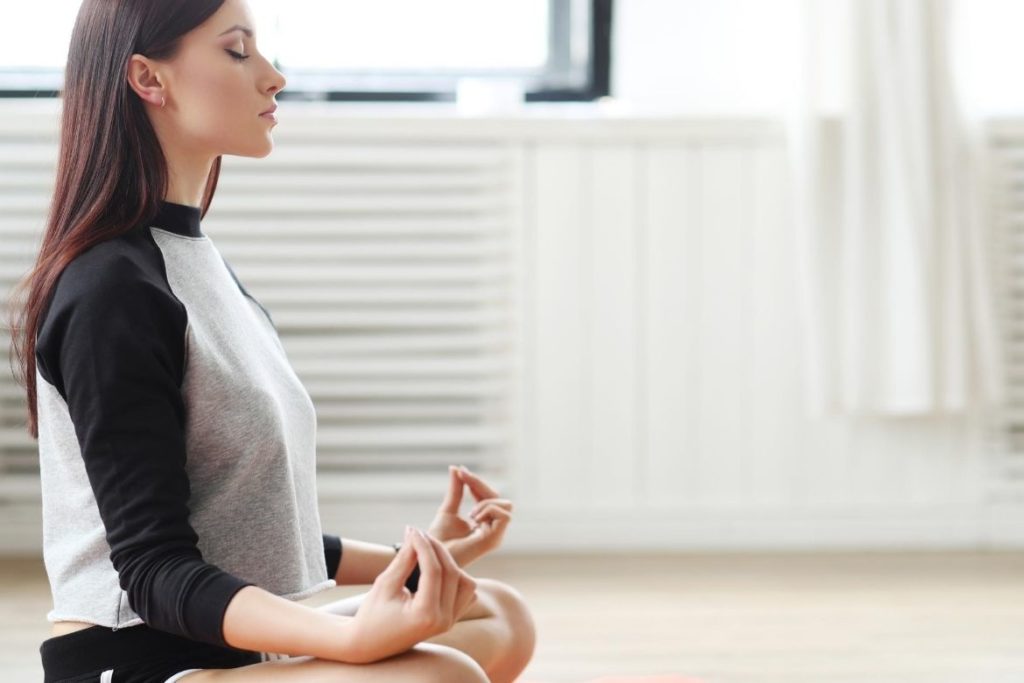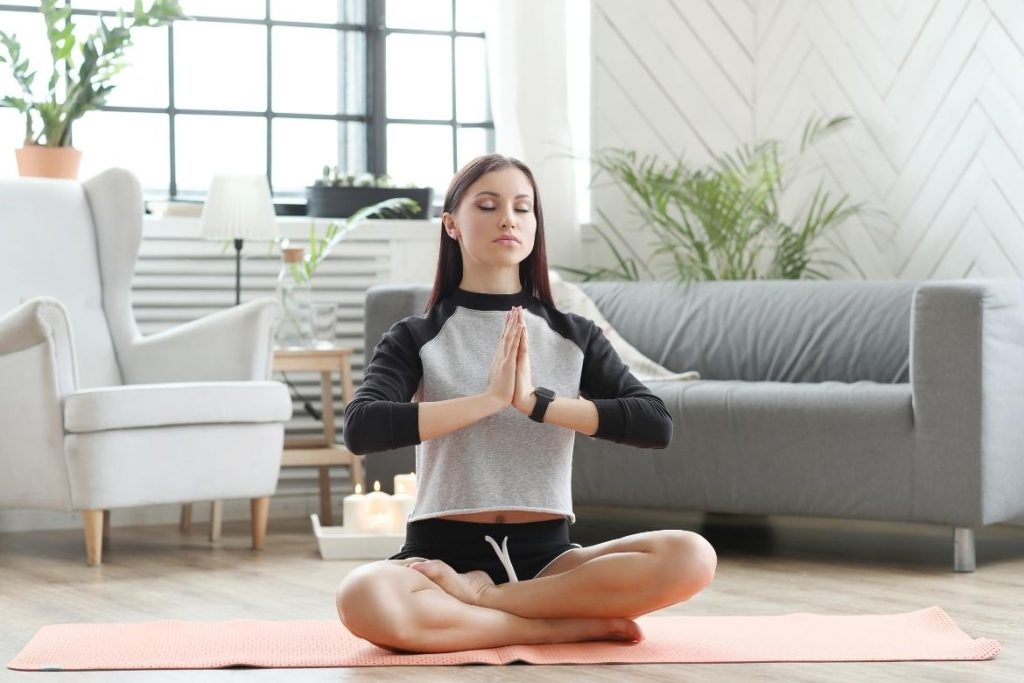Meditation is not about focusing or concentration but it is about de-focusing and relaxation. It’s a process of entering a state of mind that has no thoughts. Meditation is beneficial for a calm mind, enhanced focus, clarity, improved communication, and relaxation. The regular practice of meditation has a profound impact on our physical, mental, and spiritual state. Several studies reveal the importance of meditation habit. Meditation practice adds to our clarity, focus, and happiness.
Also Read:- What are some good family-time ideas?
- The benefits of meditation techniques
Meditation have numerous benefits. It can help to lower blood pressure, reduce anxiety, decrease pain, ease symptoms of depression, and improve sleep. People who practice meditation are convinced of the benefits.

- Stress reduction is one of the most common benefits of meditation. Mental and physical stress causes high levels of Cortisol, a stress hormone and the release of inflammation-promoting chemicals, cytokines. These effects can disrupt sleep, enhance depression, anxiety, blood pressure, fatigue and cloudy thinking. Mindfulness meditation reduces the inflammation response by reducing stress. Meditation also improves symptoms of stress-related conditions, including irritable bowel syndrome, post-traumatic stress disorder and fibromyalgia.
- Less stress translates to less anxiety. Practicing Mindfulness meditation reduces anxiety, symptoms of anxiety disorders, phobias, social anxiety, paranoid thoughts, obsessive-compulsive behavior and panic attacks. Regular meditation helps to curb anxiety levels for a longer period of time.
- Several meditation techniques help to develop a positive self-image and outlook on life. Inflammatory chemicals cytokines, which are released in response to stress can adversely affect the mood. This may lead to depression. Meditation reduces depression by decreasing inflammatory chemicals to promote emotional health.
- Meditation develops a strong understanding of yourself which in turn helps you to grow into your best. Self-inquiry meditation technique helps to develop an understanding of yourself. Different forms of meditation teach you to recognize your thoughts or thinking patterns that may be harmful to you as well as others. As you become aware of your thought habits or thinking patterns, you can steer them towards constructive patterns. Meditation may cultivate a creative problem-solving attitude.
Also Read:-What are the purposes of meditation? What are the different effects of meditation?
- Focused-attention meditation improves the strength and endurance of your attention. Meditation may reverse brain patterns that contribute to defocusing, mind-wandering, worrying and lack of concentration. Meditating for a short period can also benefit you.
- Meditation curbs age-related memory loss by improving attention and clarity of thinking. It keeps your mind young. Kirtan Kriya is a meditation technique that combines a mantra or chant with the repetitive motion of the fingers. It enhances the mental ability to perform memory tasks in case of age-related memory loss. Meditation may improve memory in patients with dementia. It can also help control stress.

- It helps fight addictions. Meditation helps to develop mental discipline which may break your dependencies by increasing self-control and awareness of triggers for addictive behavior. Meditation helps people to redirect their attention, increase their willpower, balance the emotions, impulses and increase the understanding of the causes behind their craving as well as addictive behaviors.
- Meditation may also help you control food cravings by reducing emotional and binge eating
- Many people struggle with insomnia. A study was conducted on two groups. One group regularly practiced meditation. Those who meditated fell asleep sooner and stayed asleep longer, compared to those who didn’t meditate. Meditation may help you to control or redirect the racing or wandering thoughts that often cause insomnia. Additionally, it also relaxes the body, releases tension and places the mind in a peaceful state where you are more likely to fall asleep.
- The perception of pain is connected to the mental state which can be elevated in stressful conditions. Meditation helps to curb pain. A study used functional MRI techniques to observe the brain activity of participants experiencing a painful stimulus. The patients who were meditating showed high activity in the brain centers known to control pain. They were reported less sensitive to pain. It has been observed that meditation was associated with decreased complaints of chronic or intermittent pain. An additional study of meditation in patients with terminal ailments shows that meditation may help mitigate chronic pain at the end of life.
Also Read:- What are some good family-time ideas?
In each of these scenarios, meditators and non-meditators experienced a similar intensity of pain, but meditators showed greater ability to cope with pain and experienced a reduced sensation of pain than non-meditators.
- How to get started?
The appropriate way to begin meditation is to sit quietly and focus on the breath. An old Zen saying suggests that you should sit in meditation for twenty minutes every day unless you’re too busy or else you should sit for an hour. Start in small moments of time, even five or ten minutes are quite enough, to begin with. Later, grow from there.

Sit consistently for 20 minutes a day and do this for 100 days straight. Couple it with an additional 3 to 5 minutes of meditation throughout the day. You will soon start experiencing the benefits of regular practice. Once imbibed into your daily routine, meditation becomes an inevitable part of your life. You will start experiencing the benefits of meditation within a month of regular practice. It’s important to practice meditation on a light or empty stomach. Digestion requires high metabolism while meditation lowers the metabolic rate of the body. If you’re a beginner, it’s easier if you’re sitting in a quiet, clean place. Once you become more adept at meditation, you can meditate anywhere. If you’re getting thoughts during meditation, simply observe them. Don’t resist them. Meditation is like a seed; when you cultivate a seed with love and passion, it blossoms well.
Whether you’re trying to relieve anxiety, stress or find spiritual enlightenment, stillness or flow-through movement, meditation practice will help you. Don’t be afraid to step out of your comfort zone and try different types of meditation techniques. It often takes trial and error until you find the technique that suits you.
